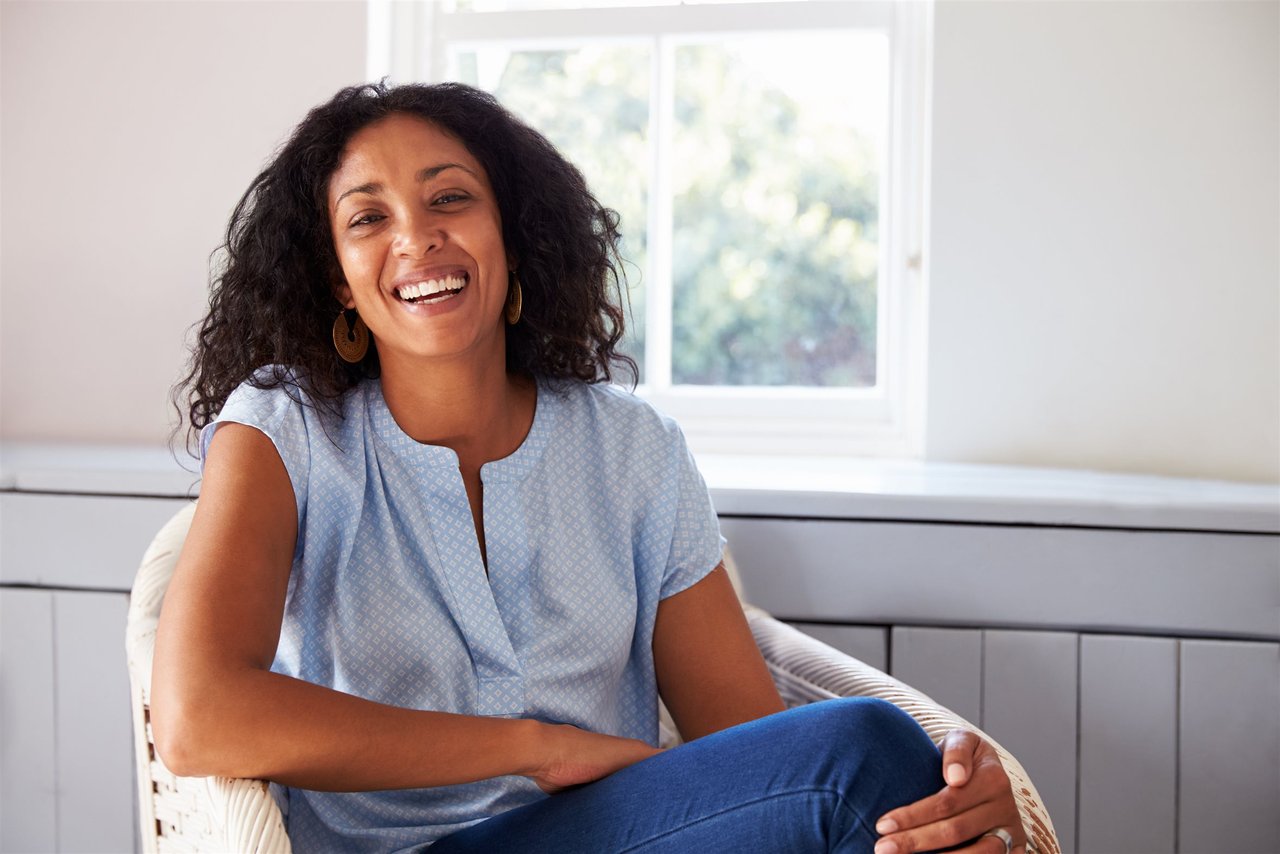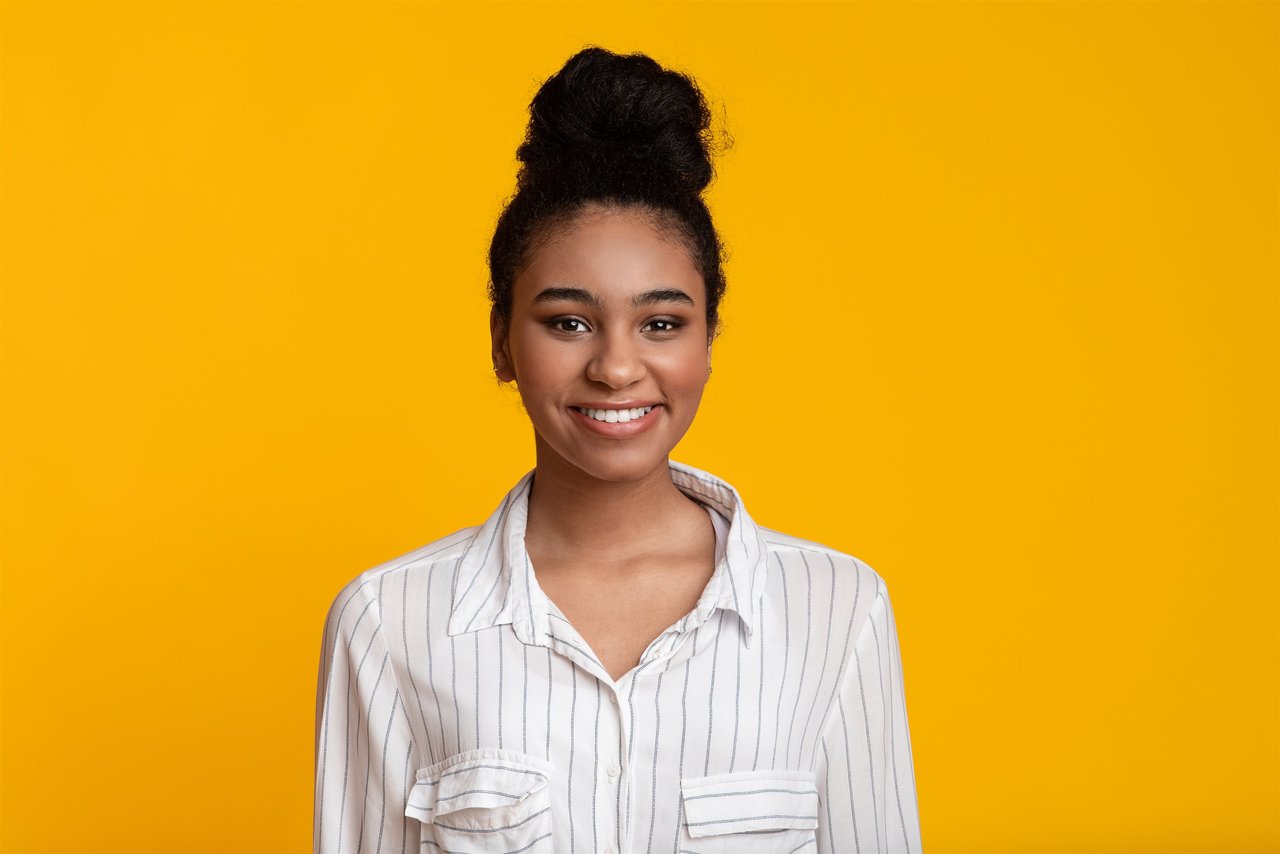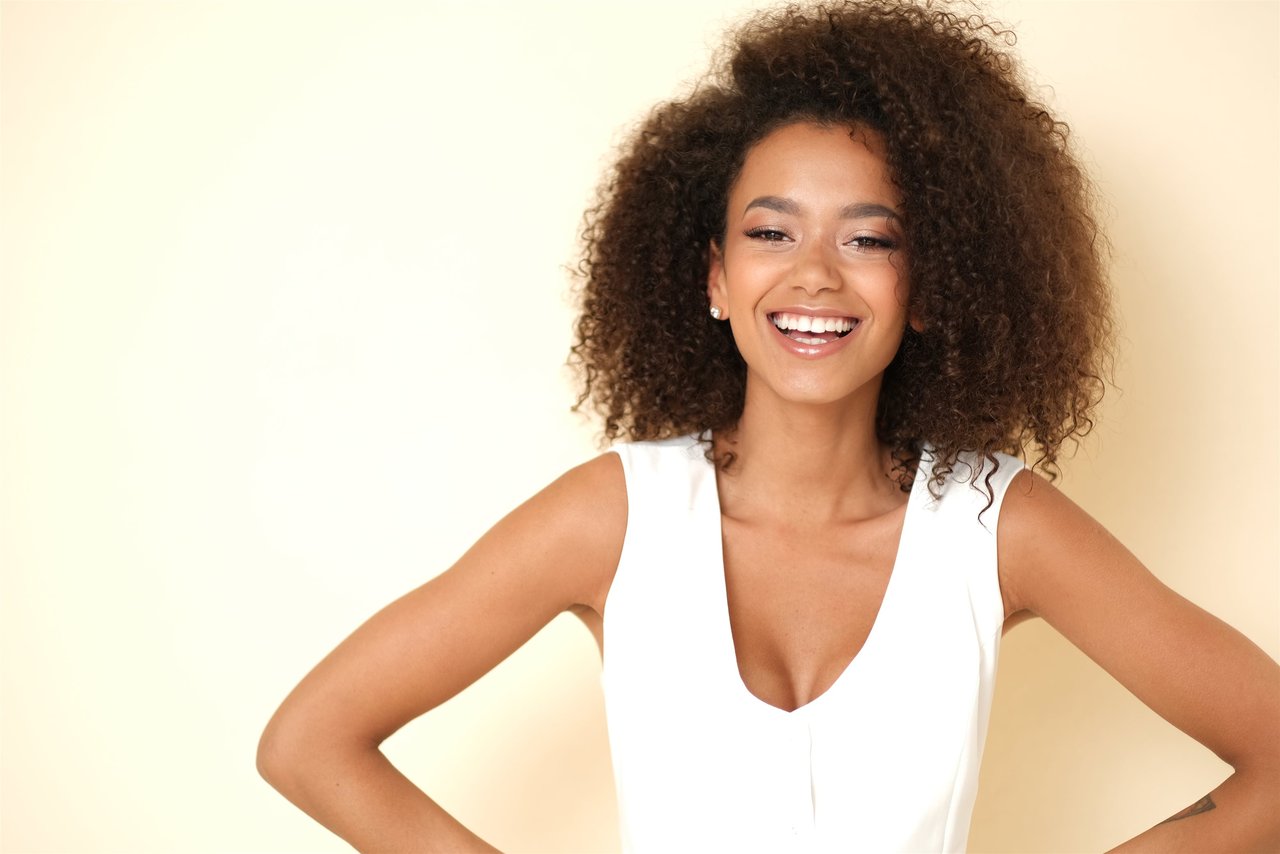
Growth in Numbers — Black Bisexual Women and New Identity Trends
Every year, the visibility of black bisexual women grows. More young black bisexual women feel safe naming their truths, holding space for both black LGBTQ+ pride and the raw vulnerability tied to bisexual identity. Surveys show a steady rise of black bisexual women, with Gen Z and Millennials leading a wave where sexuality isn’t rigid. These sexual identity trends prove the light isn’t just at the end of the tunnel — it’s already breaking through in younger generations.
The landscape is shifting. Within communities, the old expectation of silence is giving way to dialogue, and personal stories are starting to matter in the data too. A recent demographic survey points to widening acceptance and more honest self-reporting among black women under 30. Yet, older generations navigate a different truth, where intersectionality — that complex knot of race, gender, and sexuality — still pulls tight.
Statistics tell their own kind of story. African American lesbian and bisexual women may be at greater risk than their White counterparts for poor health outcomes, including higher rates of chronic conditions and mental health challenges, as highlighted in research from the CDC (see source). The intersection of being black, a woman, and bisexual isn’t just a tagline. It is a daily negotiation. For those who want more depth on black women’s dating realities, there’s also an overview on Black Women Dating that gives added context.

Bisexual Health Risks and Social Pressures Black Bisexual Women Face
Health isn’t just about your body. For black bisexual women, it often means bracing against storms of stigma, judgment, and the invisible weight of expectations. Bisexual identity remains under fire from all directions: misunderstood within the LGBTQ+ community, and questioned outside it. This pileup fuels mental health issues, with bisexual health risks showing up as both chronic conditions and stress-driven symptoms.
Intersectionality means the challenges are layered. Black bisexual women are pulled between cultural silence and a society still stuck on the idea that you have to pick a box. That erasure — not feeling seen anywhere — breeds anxiety and depression. Support systems for black LGBTQ+ people are growing, but navigating these spaces isn’t always straightforward.
Reality can be harsh. Mental health in black bisexual women is especially fragile, since one struggle amplifies the next. According to the CDC, bisexual women report a higher prevalence of rape, physical violence, and/or stalking by an intimate partner (61.1%) compared to both lesbian (43.8%) and heterosexual women (35%) (source). When looking for help, community groups and mental health resources geared toward bisexual women of color can be a lifeline. Targeted outreach, visibility, and judgment-free spaces aren’t a luxury — they’re survival. We discuss more support options on Gay Black Dating Apps, placing focus on safe communities.

Everyday Black Bisexual Woman Experience — Acceptance, Love, and Change
Living as a black bisexual woman means carrying resilience in your bones. The everyday black bisexual woman experience is a tightrope walk between yearning for acceptance and defending your existence. Generational shifts show some progress — young black bisexual women now see more open conversations about black female bisexuality and fewer doors slamming shut.
Family can be a source of comfort or another battle. It’s complicated when your life redraws the lines your parents held. Some find hope in chosen families. Others struggle through silence. Cultural dynamics are shifting, but traditions and assumptions still trail everywhere, making relationship challenges more than just personal drama — they become part of a bigger legacy of expectation and silent rules.
Online groups and supportive platforms are twin lifelines. They’re not just a space to vent; they’re where many learn they aren’t alone. The same goes for community-based meetups, support circles, and the presence of black lesbian bisexual women in media — all these seeds are slowly growing a world where black bisexual women can belong. For anyone searching for honest dating advice or insights into black dating realities, you can read a broader perspective on dating black women. It’s not perfect. But each outstretched hand, every story told, makes the walls thinner and brings the next woman closer to breathing room.